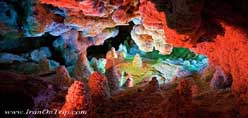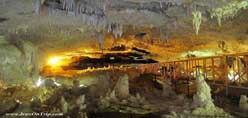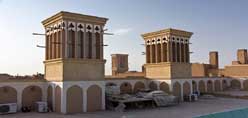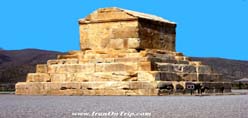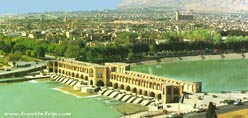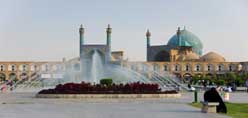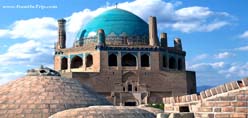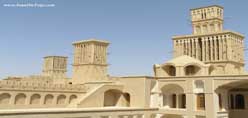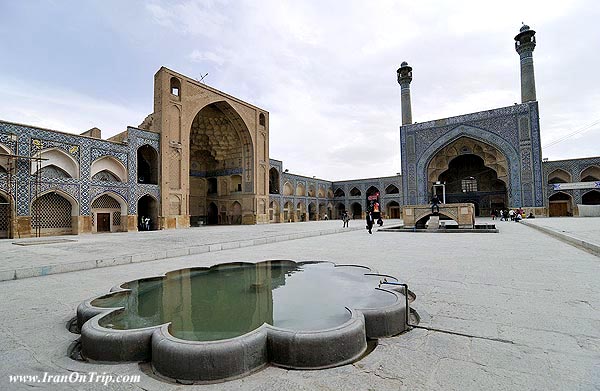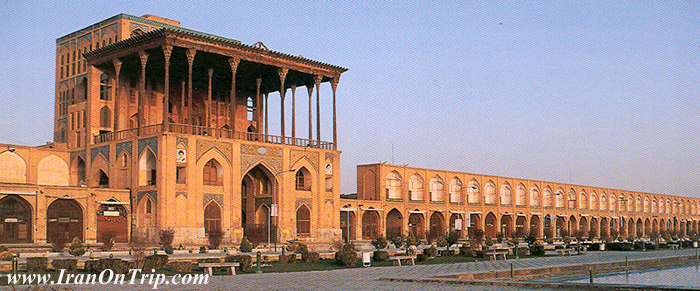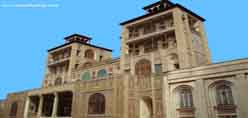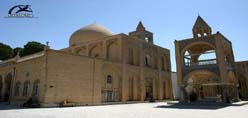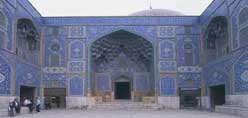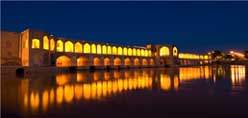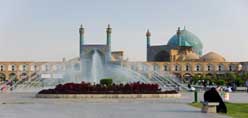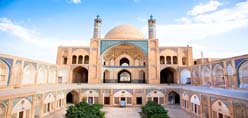Traditional Herbal Medicine Of Iran
Herbal Medicine in Iran
ran is among the most geographically diverse countries in the world. This ancient nation can be divided into 12 separate geographic environments and boasts 5 major climates. No wonder Iran is so diverse when it comes to the natural herbal remedies it produces.This astounding diversity in Iran's geography allows Iran to host more than 7500 species of plants--around 1800 of which are used in medicine. Many of Iran's most precious herbal treasures are plants found nowhere else in the world.
The World Health Organization tells us that there are currently 30 companies producing natural herbal remedies in Iran. The government of Iran, in contrast to the regulatory agencies here in the U.S., requires all herbal remedies to be manufactured to the same quality standards as pharmaceutical drugs.
Iran's Culinary Herbs
In addition to its medicinal herbs, Iran is also a country rich in culinary herbs like basil, saffron, barberry, thyme and lemon balm. Of course, many of Iran's culinary herbs were used for medicinal purposes, too. Basil and thyme both have long histories as digestive aids and lemon balm is widely believed to be a safe herbal sedative.Truly, Iran is an herbal gift to all of mankind. Who knows what potential healing plants are yet to be discovered in this ancient land so full of history.
Frankincense
Its Persian name is kondor but you know it as frankincense. Many of the world's major religions include frankincense in their rituals but frankincense is also considered a medicinal plant. Traditional Iranian herbalists regarded frankincense as "disinfectant" and science is proving them correct. Frankincense has proven itself anti-inflammatory, antibacterial, and chemopreventive.Sandalwood
Also known simply as sandal, sandalwood was once equally respected as a religious aromatic and a medicinal disinfectant. Today, sandalwood is still considered a sacred herb and still prized for its potential use in natural medicine. A 2007 study found sandalwood essential oil effective against herpes simplex virus type 1.Calendul
You can hardly open a magazine these days without seeing at least one story on calendula. Also known simply as marigold, calendula is a tremendously significant herb that traditional Iranian physicians used extensively for various skin conditions. And this use continues today. Calendula is among the most popular herbal remedies for acne, eczema, rashes and other skin problems.Pomegranate
High in antioxidants, pomegranate--or anar, as Persian physicans referred to it--has been the subject of numerous scientific studies in recent years. Traditional Iranian healers regarded pomegranate mainly as a disinfectant; today, we know that this "apple of many seeds" has both antioxidant and antimicrobial properties. Pomegranate is also antimalarial and may even help some men reduce their need for prostate medications.Red Rose
Red Roses (in Persian گل رز )Red Roses are used in cooking as a flavouring ingredient or spice. It appears as one of the ingredients in the Moroccan spice mixture known as ras el hanout. Rose water and powdered roses are used in Indian and Middle Eastern cooking. Rose water is often sprinkled on many meat dishes, while rose powder is added to sauces. The most popular use, however, is un the flavoring of deserts such as ice cream, jam, Turkish delights, rice pudding, yogurt and etc. Chicken with rose is a popular dish in Persian cuisine. Western cookery today does not make much use of rose or rose water. However it was a popular ingredient in ancient times and continued to be popular well into the Renaissance. In the west, it was most commonly used in deserts. Many traditional deserts in Europe, however, still make use of roses, such as Marzipan or Turron.
Iran Medical Herb Exports Iran Pink roses to all around the world, for ordering Iranian pink roses please visit our Order page.
Rose Water Extract
Natural rose water (in Persian گلاب طبیعی)Natural rose water is an important constituent in various cosmetic and medical preparations. In addition, they are also used in perfumes and attar.
Having very distinctive flavor, natural rose water has distinctive benefit on the skin care. It cleanses and moisturizes the skin and is very effective for sensitive skin.
Natural rose water is a natural skin toner and rejuvenates skin after a stressful day. The rose water is prepared without using any chemical or preservative, therefore ensuring real benefit of rose water without any harmful effect.
Rose water is distilled water of roses, made by steam distillation which smells heavenly and tastes delicious.
Cool, refreshing and reduces inflammation in redness in the eyes.
Rose decoction is an effective gargle for ulcers in the mouth.
Effective skin tonic and clears blemishes, has a calming effect in acne and sunburns.
Good for dry, inflamed, mature and sensitive skin.
Used as facial wash, keeps refresh and skin moisturized.
Mist over face to set makeup.
Used as a flavoring in fancy Greek pastries, puddings, cakes and etc.
Nature's finest beauty tonic.
Rose water combined with glycerin is one of the world's most widely used hand lotions.
Inhaling rose smell relaxes brain and heart.
Natural deodorant may be used as cologne.
Natural toner that balances the skin after daily cleansing or facial.
.....
.....
.....

.jpg)


